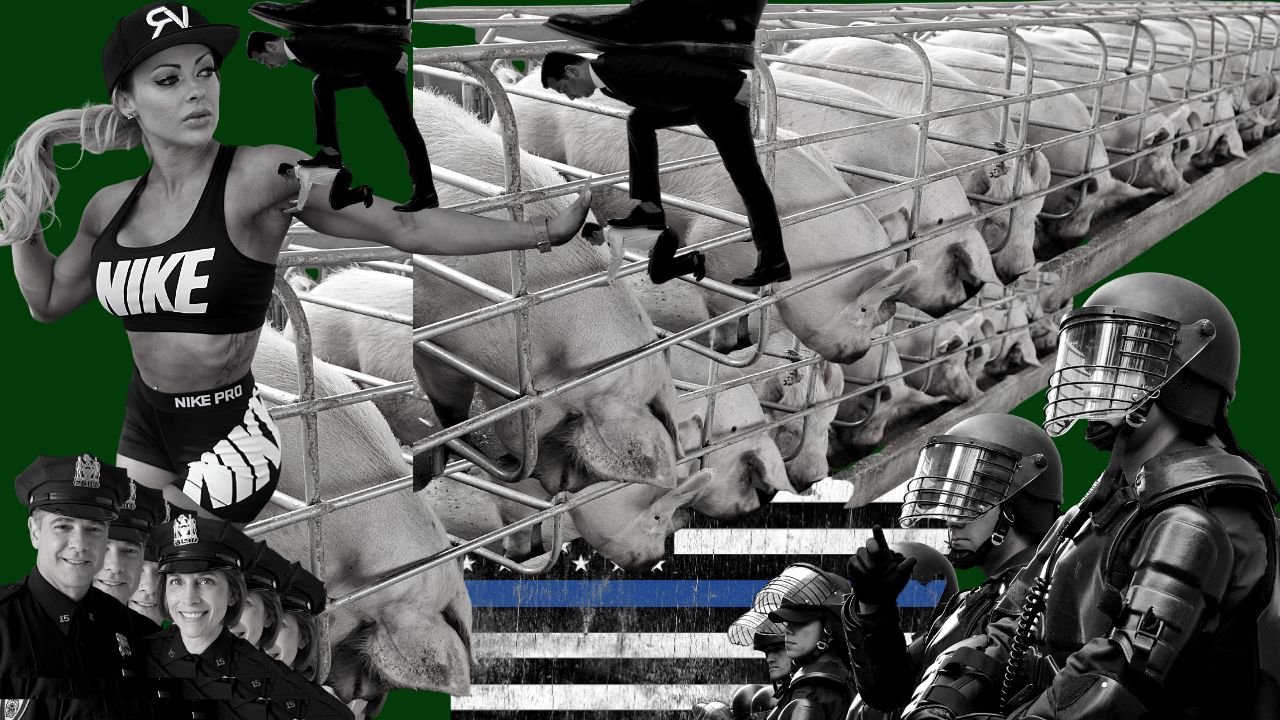1,728 reads
Capitalism, White Supremacy, Police Brutality: What A Tangle of Thorns
by
June 4th, 2020
👋 I'm the VP of Growth Marketing here at Hacker Noon. I also make podcasts and write stories.
About Author
👋 I'm the VP of Growth Marketing here at Hacker Noon. I also make podcasts and write stories.
